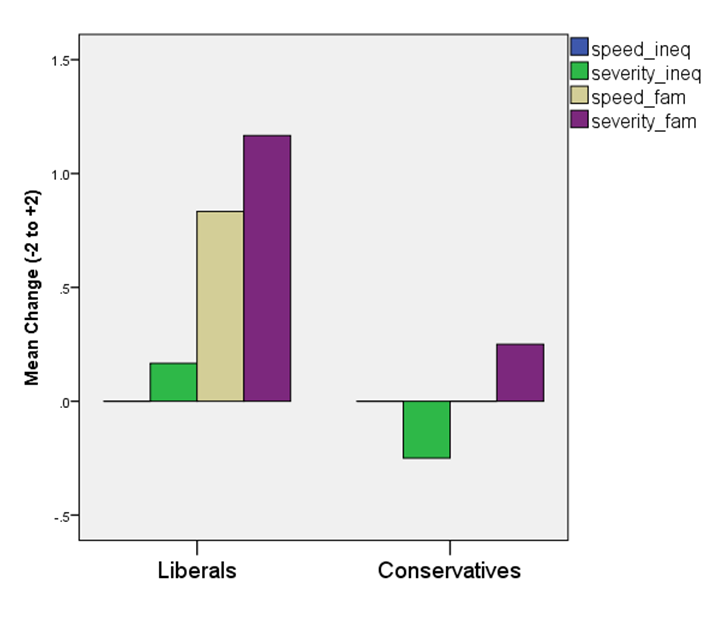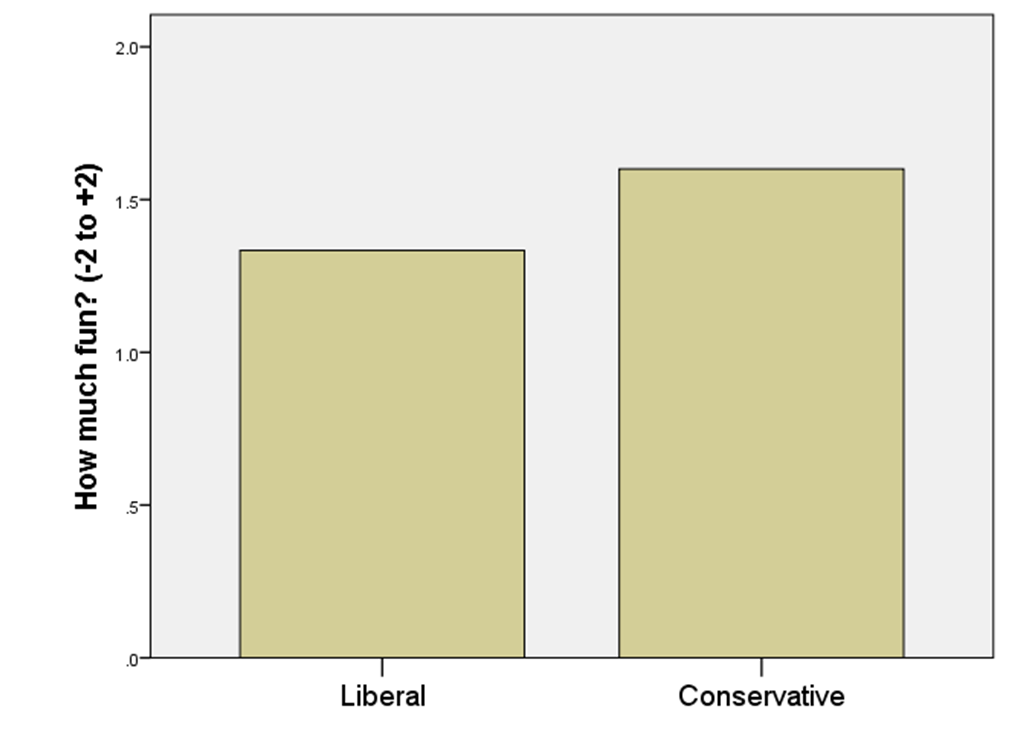The First New York City Asteroids Club Dinner
The Asteroids Club is any group of people with diverging political views who gather not to debate, but to listen to the other side explain why it is concerned about certain threats. The metaphor is meant to capture the fact that there are many threats coming at the United States–like asteroids scheduled for direct hits—yet each side of the political spectrum focuses on a few of them and ignores or discounts the asteroids that most worry the other side. As John Stuart Mill said in 1840: “in almost every one of the leading controversies… both sides were in the right in what they affirmed, though in the wrong in what they denied.” The Asteroids Club is a novel format for bringing people together, over a meal, for a discussion in which each side helps the other to see more clearly. The format has been developed by The Village Square, in Tallahassee Florida.
The Nathan Cummings Foundation hosted the first New York City Asteroids Club dinner on February 26, 2014, in the home of its president, Simon Greer. The foundation is in the process of updating its research and funding portfolios, and its leaders were interested in learning more about the issues of income inequality and the causes of poverty. They were also interested in developing relationships with experts from diverse perspectives who could help them understand these complex topics. Simon and I therefore chose the two asteroids of rising income inequality (a topic of greater concern on the left), and declining rates of marriage and family stability (a topic of greater concern on the right).
This report is intended to be useful for anyone interested in hosting future dinners, or in bridging the political divide more generally. However, we note that we decided to invite experts from right and left to the first dinner, rather than ordinary people, to maximize the degree to which we could learn about the best thinking and research on these topics. This dinner may therefore not be representative of what will happen if the Asteroids Club format is rolled out and used widely by civic groups across the nation.
Preparing For the Dinner
We ran the dinner using the Chatham House rule, which says that participants are free to write about the event, but cannot reveal the identities or affiliations of the speakers. So we will simply say that we invited two very prominent and well-respected journalists, one clearly identified with liberalism, one with conservatism. We asked these two co-hosts to suggest additional people they wanted on their “team.” (We had hoped to avoid the terms “team” or “side,” but it was hard to do so.) These two co-hosts then nominated several other experts, and took a few suggestions from Simon and me about experts we know on both sides. All 10 people who were invited accepted the invitation. The final dinner was attended by 18 people: 6 liberals, 6 conservatives, Simon and me (who served as co-hosts), and four observers affiliated with the foundation. The expertise in the room was extraordinary, including journalists, economists, activists, and people with experience in government and policy-making.
Two weeks before the dinner, we assembled a list of readings nominated by the participants and posted them all in a google document that we used to share information and coordinate the evening. Because these prominent participants were all extremely busy, we did not push for them to do much preparation beforehand, although we did encourage them to read one or two articles from the other side, and to watch my TED talk that introduced the idea of the asteroids club.
The Dinner
The evening began at 7:30 with drinks, hors d’oeuvres, and unstructured socializing, which was quite cross-partisan. At 8:00 the two teams convened separately to go over final plans for their presentation. (In retrospect we should have encouraged the two teams to do more of this online, before arriving at the dinner). Around 8:30 everyone moved into the dining room and sat in seats that had been assigned to ensure a good mix of people at each of the two long tables. Simon welcomed everyone to his home and presented the Hebrew conception of two kinds of argument: machloket l’shem shamayim – argument that is for the sake of heaven which is intended to better discern truth and move the world forward, and 2) machloket she’lo l’shem shamayim – an argument that is not for the sake of heaven, but is just for the sake of itself or for the sake of being controversial. Argument in pursuit of truth is considered sacred in the Jewish tradition.
I then explained the history of the Asteroids Club format, and went over the groundrules, including the Chatham house rule, the exact schedule, and the role that I would play as timekeeper and moderator. Each of the participants then offered a 1-minute introduction of him- or herself. We then served ourselves dinner from the buffet, and began the structured discussion. The schedule that we intended to follow was this:
9:00 begin Asteroid #1: rising inequality, liberal side presents
–15 minutes to describe the threat; why this matters, why it’s urgent….During this time, the listening side gets to ask a few brief elaborative questions, but hold argumentative questions for the next step.
–5 minutes for “telescope” time — conservatives ask critical questions, request more info, challenge assumptions.
9:20 begin Asteroid #2 family breakdown, conservative side presents
–15 minutes to describe the threat; why this matters, why it’s urgent…. During this time, the listening side gets to ask a few brief elaborative questions, but hold argumentative questions for the next step.
–5 minutes for “telescope” time — liberals ask critical questions, request more info, challenge assumptions.
9:40: dessert served, short break
9:45 Integrative discussion, 20 min.
–10 min: Return to Asteroid #1: Inequality. Go deeper: what does the liberal side most want to change, address, or at least have understood (taking into account family breakdown)
–10 min: Return to Asteroid #2: Family Breakdown: Go deeper: what does the conservative side most want to change, address, or at least have understood? (taking into account rising inequality)
10:05 Concluding discussion and resolutions.
10:30: End of formal discussion, take closing survey.
The schedule we actually followed was close to this, but because we were running behind and because there was clearly a surprising amount of agreement on what aspects of poverty were of great concern, I decided to merge the two parts of the integrative discussion into a single discussion of what really matters – what issues either side had raised that seemed to elicit at least some assent from the other side.
In general there was bipartisan agreement that income inequality has been rising in recent decades, although there was NOT bipartisan agreement that rising inequality itself was a problem that needed to be addressed. There was, however, bipartisan (though not necessarily unanimous) agreement that the following issues are concerns or problems, and that we would be a better country if we could address them:
-
Dignity, and the indignities disproportionately suffered by the poor
-
Distrust of government and democracy
-
Waste: the financial squeeze and inefficiency caused by “arms races” as people spend more money to attain “positional goods” such as a home in a good school district.
-
Lack of opportunity for large segments of society; The waste of human potential among the poor.
-
Declining motivation and economic dynamism – which can be stimulated by moderate degrees of inequality (this point was noted by a liberal)
-
Abuses of power, which becomes easier for those with a lot of money
-
Separateness – having communities that are cut off from the mainstream of society; having low social trust and cohesion.



